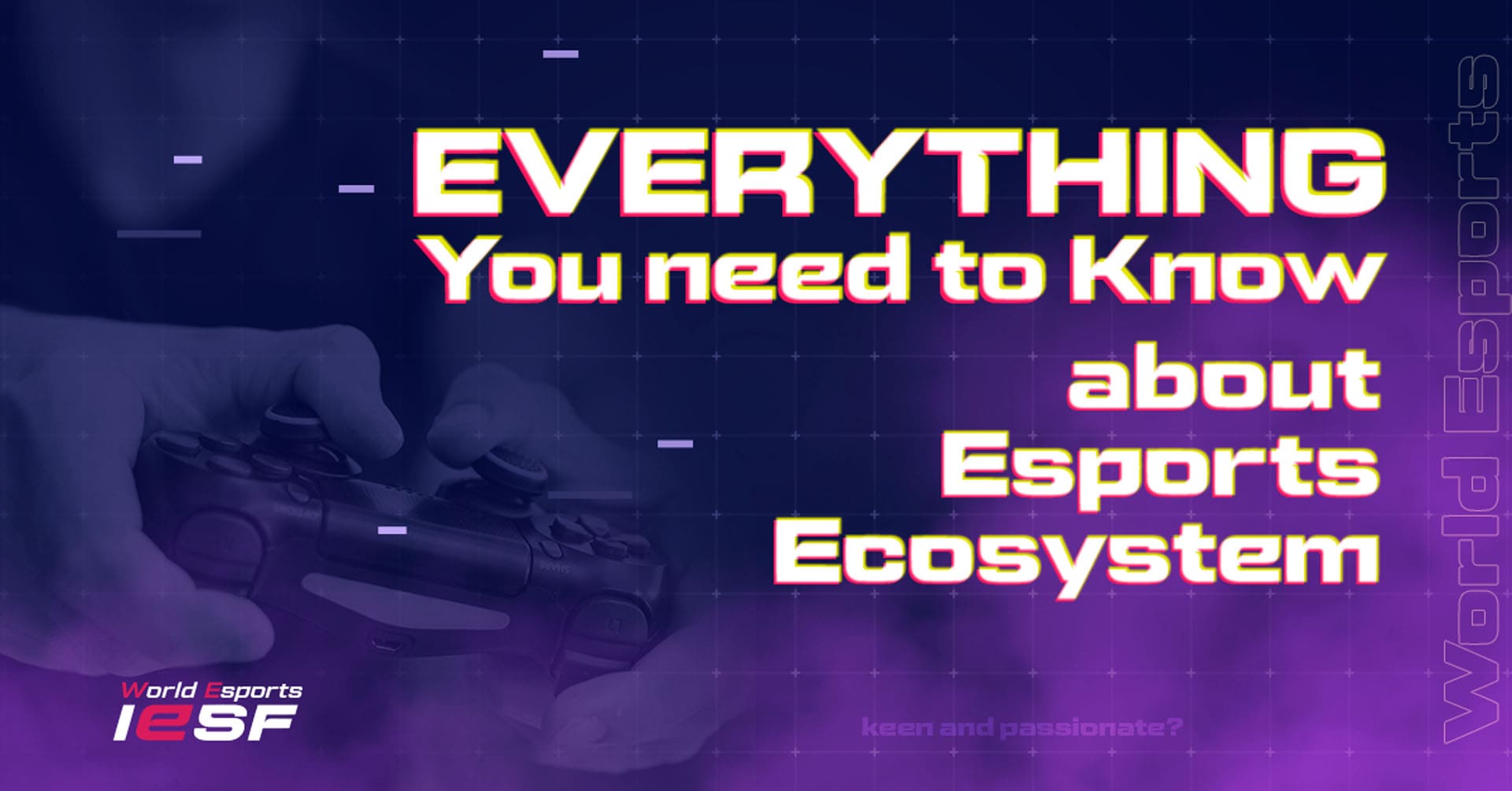The esports ecosystem may look simple and straightforward, but there is a lot to unpack to fully understand how the industry functions and how it has been able to rapidly grow every year.
For those that are newcomers to esports, welcome! Here we will try to briefly lay out the overall structure of the esports ecosystem and what makes it run smoothly. Let’s think of the ecosystem as one big puzzle. A mix of different pieces, all dependent on each other, that make one beautiful creation.

Game Publishers
Every puzzle needs a theme. In fact, our ‘theme’ in this case would consist of game publishers. The reality is, if there were no game publishers, there would be no games to be played! No games to be played means no esports, and that doesn’t really work for us. Luckily, there are a number of game publishers who have created famous titles such as Counter-Strike, Dota 2, eFootball, League of Legends, Tekken 7, Rocket League and many more. These publishers can then license their games out to external tournament and league organizers.

Players and Teams
After we set out our theme, it’s time to add the image. The players and teams are our most important image. They are the people that make esports as exciting as we witness them today! Players today have a lot of freedom and can choose whether they want a single-player experience or if they would like to be part of a professional esports team. There are different benefits that come with each, so it really comes down to the player’s personal preference. Whatever the case, most players and teams choose to stream their gaming sessions to popular platforms like Twitch, YouTube Gaming and Facebook Gaming.
Since there is a lot of ad space on these platforms, streamers in most cases use this ad space to display their sponsors and teams in an effort to bring in more exposure for their partners and are repeatedly being chased after by new sponsors. The professional teams operate in a similar manner, but are more thoroughly structured. They have contracts for their players and sponsors to help with their merchandising, talent acquisition and financing. A typical esports professional team is not limited to one game, but rather has multiple squads in place for various game titles. This gives them the opportunity to compete in many different competitions and widens the reach of potential winnings for the organization.

Tournament organizer
Now that we covered the game publishers, players and teams, it is time to move on to the tournament organizers. This is where the best-of-the-best compete for high-stakes prize pools with millions of viewers! Tournament organizers, similar to the game publishers, can sell their broadcast rights to a number of streaming platforms. But it isn’t quite as simple as that. A streaming platform can have exclusive streaming rights which deny any other platform to stream a specific event. Tournament organizers have also made moves to secure deals with television networks and other companies such as Twitter, YouTube and Facebook.

Brands and Sponsors
There are thousands of brands and advertisers looking to enter the world of esports! Sponsors are by far the biggest source of revenue for players, teams and organizers. As previously mentioned, players and teams have numerous sponsors from different parts of the esports ecosystem. A team may have special jerseys made for them by one of their sponsors, while another sponsor will provide financial aid to the team in hopes of the team achieving greater victories. Other sponsors may only want ad-space on a player or team’s website or livestreams. It really comes down to what the sponsors can offer and how the recipients feel their collaboration would work best.
In conclusion, it is safe to say that the esports ecosystem relies on all its stakeholders for it to function properly and effectively. The growing number of esports players and enthusiasts around the world will surely propel esports to the next level!


